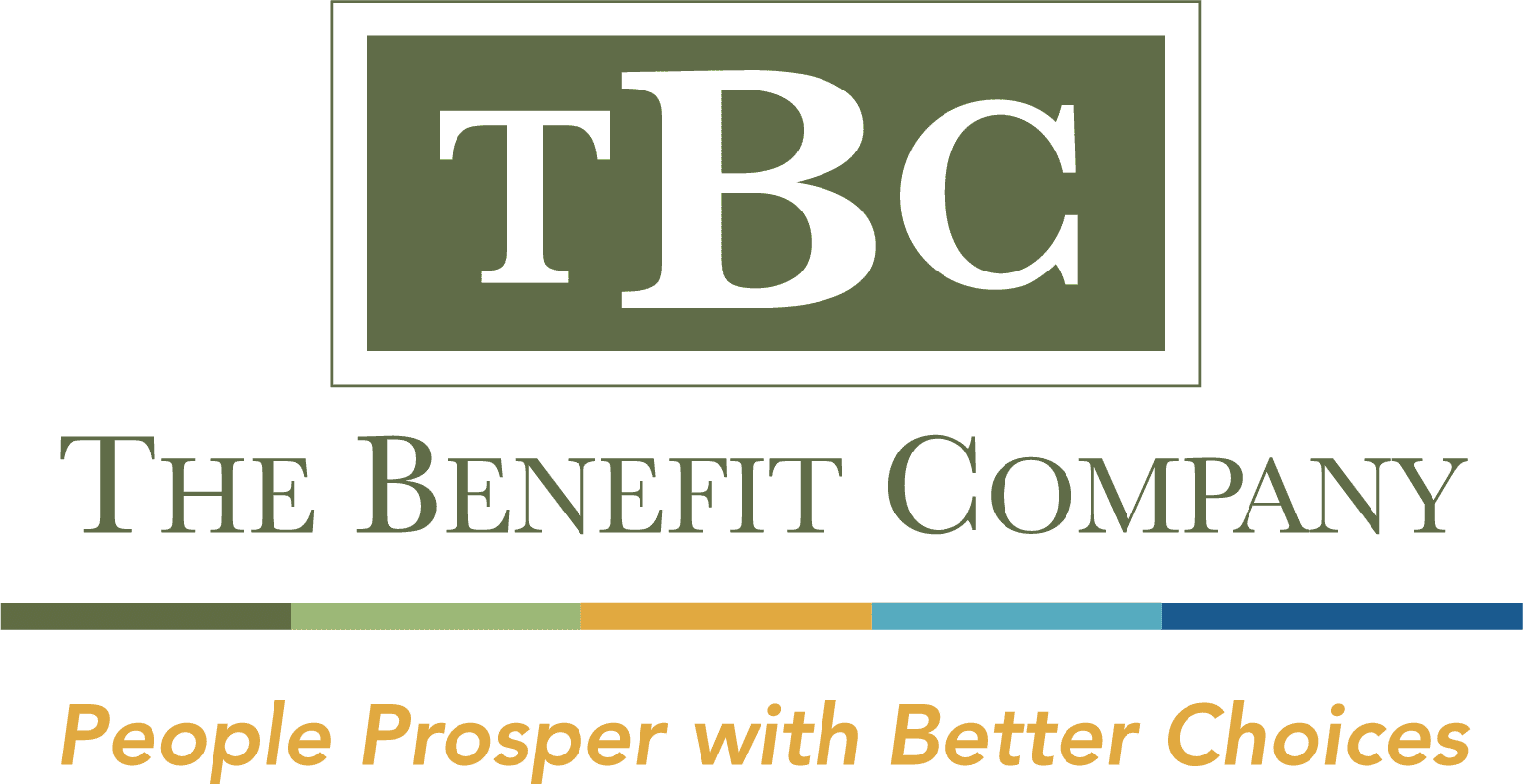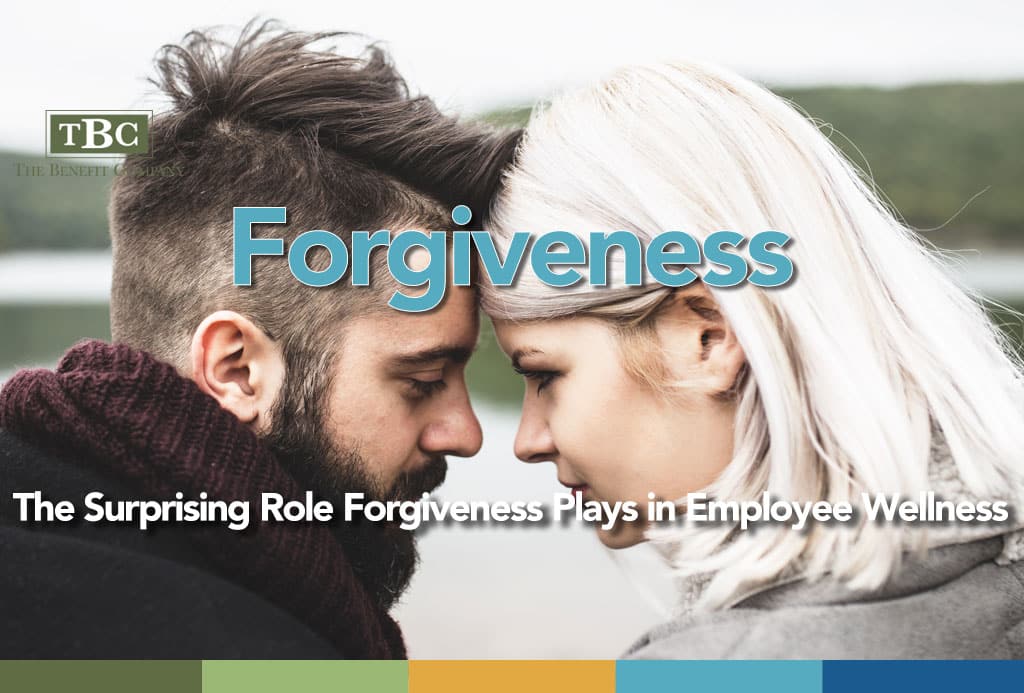Forgiveness. It’s a frequent point of discussion in religious settings, but does it belong in the workplace? Within two minutes, I hope you find the answer to be YES as we discover that forgiveness is an essential component of well-being and, like gratitude, belongs in our employee wellness strategies.
Certainly, a work environment would be enhanced if co-workers actively forgave one another. Yet, the greatest impact of forgiveness comes from a wider extension of this virtue. A lack of forgiveness in any arena of our lives, will negatively impact our thinking and health…and productivity on the job. It doesn’t matter where the offense originates, an unforgiving response will clothe us with negative traits such as bitterness, resentment, anger, lethargy and helplessness, leading to the greatest threat to our overall health—STRESS.
The ability to forgive is a stress preventative. However, not only does forgiveness lead to less stressful lives, it restores relationships, provides additional mental and physical energy, enhances our character and reputation, and models maturity for others. Employers will naturally reap the benefits of employees who learn to forgive.
How to Include Forgiveness in Your Employee Wellness Offerings
- Avoid the temptation to make “forgiveness” about getting along with co-workers. If employees sense the training on forgiveness is about creating a healthier work environment by forgiving fellow employees they will miss the message. Instead, focus on being a forgiving person, connecting the virtue to significant drivers of personal hurt such as parents, former spouses, dishonest business partners and the neighbor who blows their leaves onto your lawn.
- Make “forgiveness” a personal endeavor. By becoming familiar with the benefits and challenges of forgiveness you will be better positioned to know how to implement strategies that will fit with your organization’s culture. Study Everett Worthington’s REACH Model of Forgiveness or Jones and Musekura’s 6 Dance Steps of Forgiveness and apply these principles to your personal situations of hurt and pain. Your challenges and successes with forgiveness will equip you to best lead your organization down this path.
- Host Lunch & Learns with a speaker who will focus on the benefits and stages of forgiveness. Find a therapist or life coach who is a good communicator, who understands the correlation between our mind and physical health, and who can provide a realistic understanding of both the challenges and joy of forgiving.
- Make room for spiritual well-being. Forgiveness is an essential component of many religious communities. By allowing opportunity for spiritual development and well-being, an employer may be opening the door for employees to embrace forgiveness as a spiritual discipline, thereby enhancing the employee’s mental health and relationships in, and outside of, work.
- Insert meaningful quotes about forgiveness in company newsletters and emails. You can start with these:
- According to the Mayo Clinic, forgiveness brings with it plenty of health benefits, including improved relationships, decreased anxiety and stress, lower blood pressure, a lowered risk of depression, and stronger immune and heart health.
- Emotional Forgiveness happens when you have released the emotions of bitterness and anger and you wish the best for the one who has offended you. Emotional Forgiveness is often a long process. – McMinn, The Science of Virtue
- When you forgive, you in no way change the past – but you sure do change the future. – Bernard Meltzer
- We must develop and maintain the capacity to forgive. He who is devoid of the power to forgive is devoid of the power to love. There is some good in the worst of us and some evil in the best of us. When we discover this, we are less prone to hate our enemies. – Martin Luther King, Jr.
- I believe forgiveness is the best form of love in any relationship. It takes a strong person to say they’re sorry and an even stronger person to forgive. – Yolanda Hadid
- Forgiveness does not merely refer backwards to the absolution of guilt; it also looks forward to the restoration of community. – Jones & Musekura
- Father, forgive them, for they don’t know what they are doing. -Jesus
- It’s not an easy journey, to get to a place where you forgive people. But it is such a powerful place, because it frees you. – Tyler Perry
- To forgive is to set a prisoner free and discover that the prisoner was you. – Lewis B. Smedes
Author:
Jack W. Bruce
Vice President Strategic Operations
 The Benefit Company
The Benefit Company
